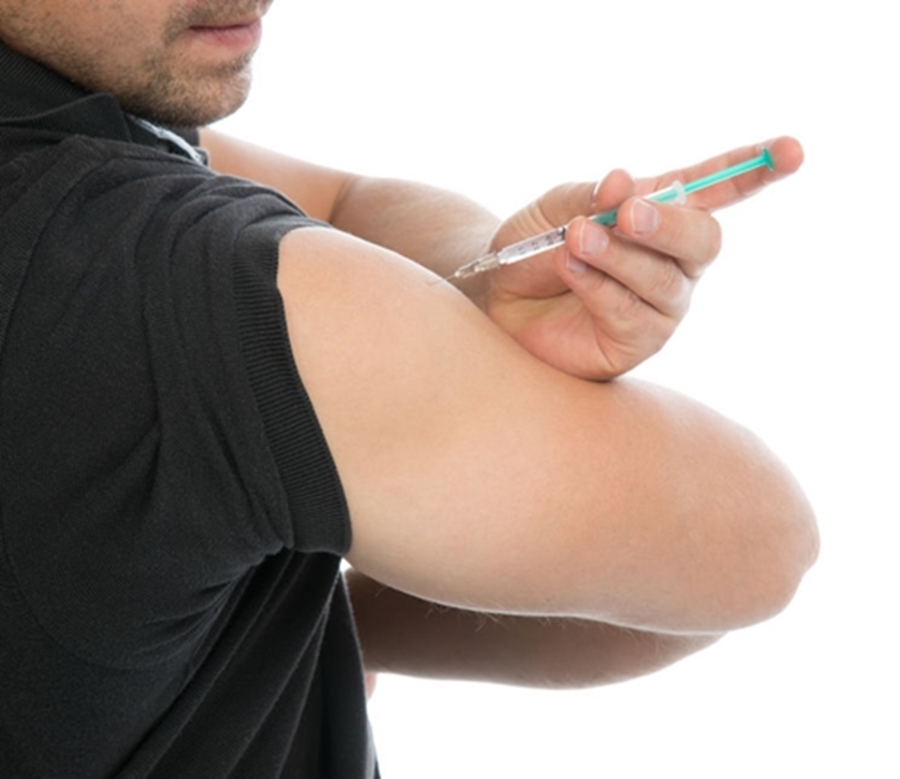
Medication Supervision
All caregivers assist with giving medications in some format when they provide care to a family member. On the surface, giving medications seems simple, but it can be deadly if you’re not careful. Giving too much or too little medication can cause serious harm to someone. On the other hand, giving a medication the wrong way can cause it not to work or to work too quickly. Therefore, it is essential to understand what you give, why, how to give it, when, how much to give, and how often.
Furthermore, some medications are highly sensitive and carefully administered. For example, drugs like insulin and heparin act quickly, and small mistakes can have serious consequences. Therefore, caregivers must be alert and pay attention whenever administering medications.
Medication Administration

Steps on how to give medications the correct way for every way you can give them is the focus of this chapter on the web. You will learn the usual techniques of giving medications by mouth and injection and what to do if you need to give something down a tube or between the cheek and gum or any other way prescribed. You’ll also learn any special precautions you need to know and warnings about mixing medications or storage of equipment if there’s a risk.
Giving intravenous medications at home doesn’t happen often but is becoming more popular; therefore, much information is available on IV medication and total parental nutrition (TPN). However, TPN can be dangerous if given incorrectly. Most companies have a resource on call for these products for emergencies, call them first; however, if you cannot get to them, use this site as a backup.
Medications
Pharmacies always give out information sheets when you pick up your medications but often, they go into the trash when you go home. Some medication like insulin or heparin deserves more education time. That’s what I include here, and provide a link to a resource to find information about most of your other prescriptions.

